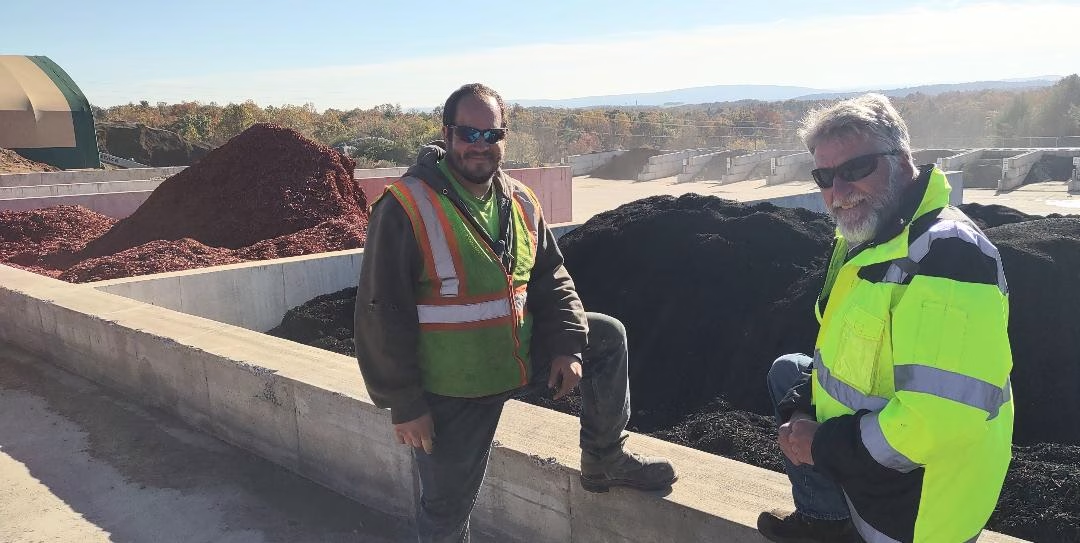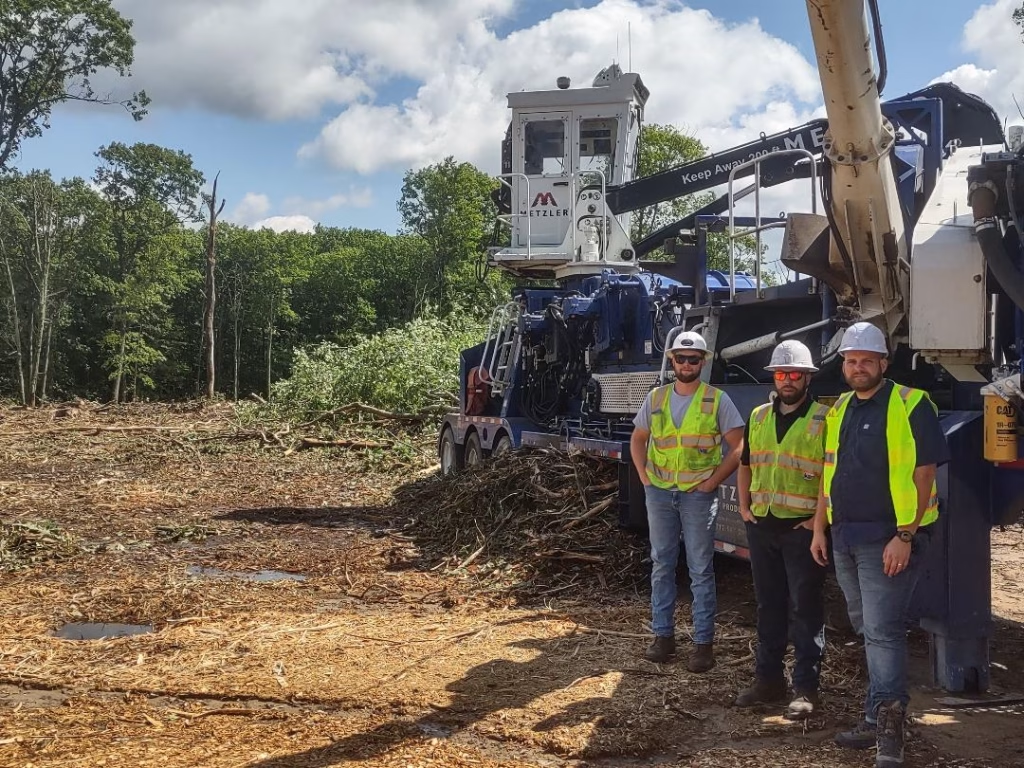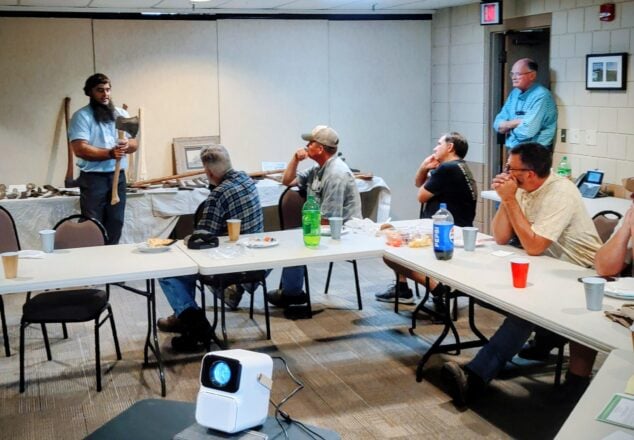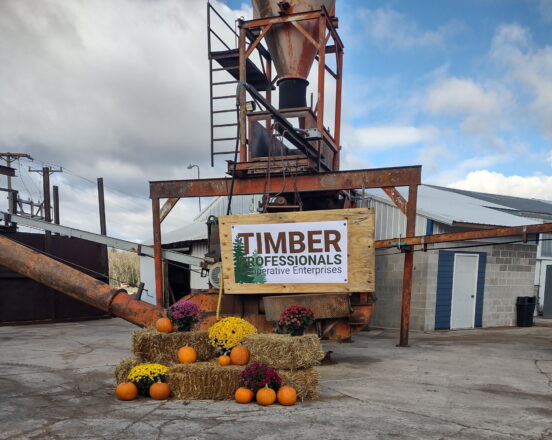Member Engagement Underscores Commitment to Safety and Continuous Improvement

This fall, I had the opportunity to visit four Forest Resources Association (FRA) member companies throughout the Appalachian region. Each visit provided meaningful engagement with member leadership and field personnel, insight into active operations, and conversations about the challenges and innovations shaping today’s forest products supply chain. A consistent theme emerged at every stop: FRA members are committed to operational excellence with safety as a core value of their business.

A key topic of discussion during these visits was trucking safety. Many are expanding their use of onboard camera systems and telematics technologies to enhance driver performance monitoring and incident analysis. These tools deliver real-time feedback, allowing companies to identify unsafe behaviors, reinforce best practices, and validate compliance with safety protocols.
Beyond reducing risk on the road, onboard cameras also serve as valuable training tools. Fleet managers use actual field data to improve decision-making and driver accountability. Several owners highlighted the value of the mobile app integration that provides a clear picture of both driver behavior and truck performance. From day one, new drivers are informed that onboard cameras are standard across the fleet and play a key role in supporting insurance requirements, safety goals, and operational efficiency.
FRA hosted a webinar, Southern Log Truck Insurance and Safety: Opportunities and Implications, presented by Dr. Joe Conrad. The session explored data on crash rates, insurance premiums, and claim costs in the U.S. South, offering insights on what actions fleet operators can take to reduce insurance costs.

Another noteworthy practice observed was the use of experienced employees as mentors for new operators in logging and hauling operations. These companies recognize that the safest and most effective training often comes from hands-on experience guided by seasoned professionals. By partnering new hires with experienced operators, companies are creating a structured pathway for transferring critical knowledge, ranging from equipment handling and situational awareness to hazard recognition, in a hands-on, consistent, and effective way. This approach not only accelerates skill development but also reinforces a strong safety culture built on shared responsibility and respect for the work. Another effective practice I noted was the cross-training of employees to perform multiple roles. This strategy allows operations to remain productive when team members are unavailable and serves as a valuable tool for improving efficiency and strengthening workforce versatility.
In addition, all the companies visited actively integrate FRA Safety Alerts, Resources, provided by FRA, into their safety programs. These alerts are regularly reviewed during safety meetings and toolbox talks, providing crews with real-world lessons from incidents across the industry. FRA members emphasized that these alerts are an important component of their continuous improvement process, helping to identify potential risks before they result in injuries or property damage.

Addressing Ongoing Industry Challenges
FRA members continue to demonstrate a strong commitment to safety, even as they navigate a dynamic landscape of operational and economic pressures affecting the forest industry nationwide. Workforce recruitment remains a challenge, with many companies struggling to recruit and retain skilled workers in both logging and trucking operations. Rising equipment and maintenance costs, along with regulatory pressures and supply chain disruptions, add further complexity to business planning and day-to-day operations. In some regions, limited market access and aging infrastructure continue to present challenges to efficiency and competitiveness. However, these constraints also highlight opportunities for strategic investment and collaboration to strengthen regional supply chains and unlock growth.

Despite these headwinds, FRA members are adapting through innovation, collaboration, and investment in workforce development. By leveraging technology, improving training programs, and maintaining open communication across the supply chain, companies are finding ways to strengthen operations while maintaining their unwavering focus on safety and sustainability.



